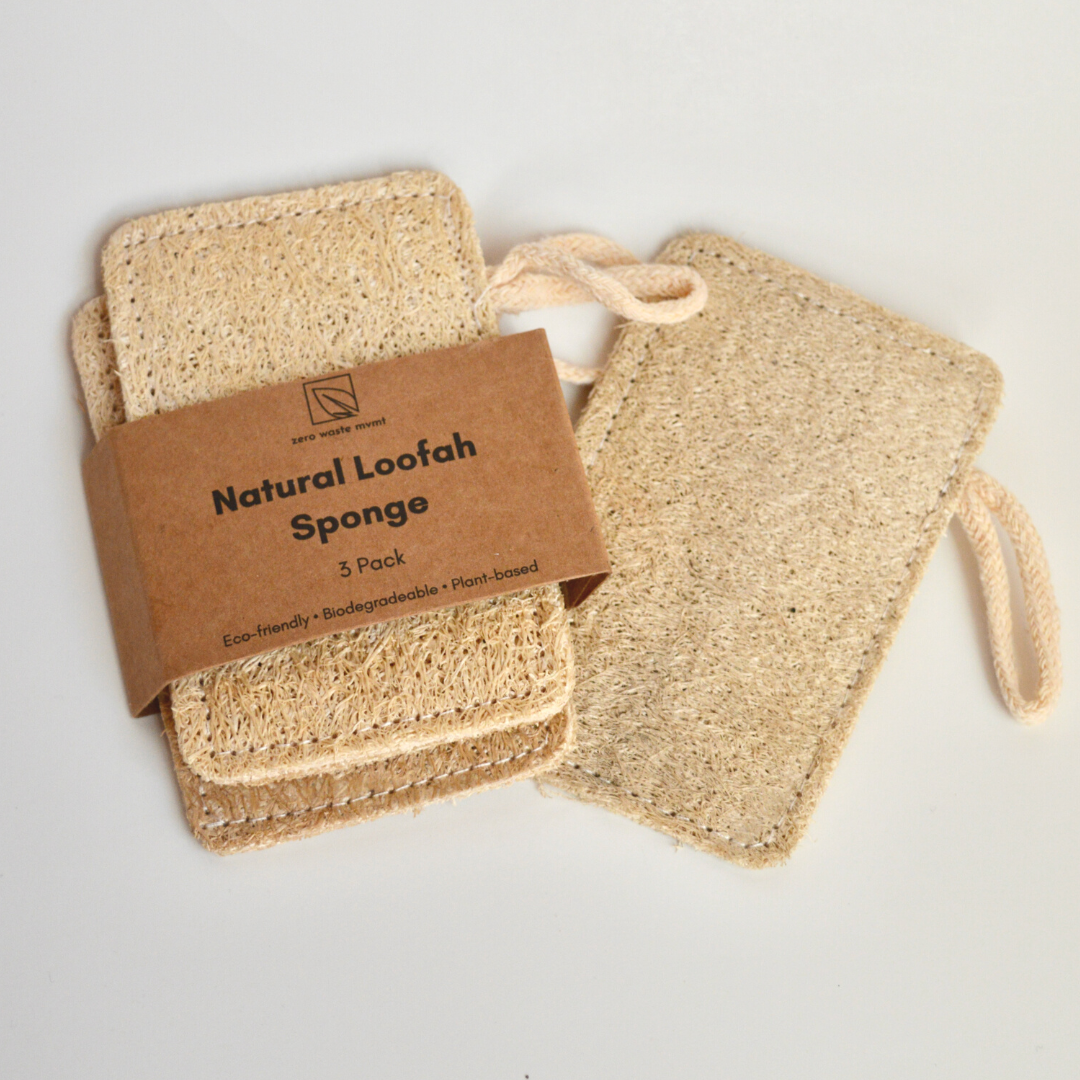Welcome, eco-conscious consumers, to the month of July! It's that time of the year again when we join forces to make a significant impact on our planet's health and well-being. Plastic-Free July is a global movement that aims to raise awareness about the environmental consequences of single-use plastics and encourages individuals to reduce their plastic consumption. In this blog post, we'll delve into the essence of Plastic-Free July, explore how you can actively participate in this meaningful campaign.
Understanding Plastic-Free July:
Plastic-Free July was born out of a simple idea: to inspire individuals to make small, conscious changes in their daily lives that collectively lead to a substantial reduction in plastic waste. It began as a local initiative in Australia in 2011 and has since grown into a global movement, empowering millions of people to make more sustainable choices. The campaign challenges us to examine our relationship with plastic and find innovative solutions to minimize its negative impact on our environment. You can learn more about the Plastic Free July movement and access resources at: https://www.plasticfreejuly.org
Why Participate?
Participating in Plastic-Free July goes beyond just eliminating plastic waste. It is an opportunity for each of us to become catalysts for change, to inspire our friends, family, and communities to adopt more sustainable habits. By actively participating, we can:
Reduce Waste: Single-use plastics, such as bags, straws, and bottles, contribute significantly to the overwhelming amount of waste polluting our landfills, oceans, and ecosystems. By saying no to these disposables, we can significantly reduce the amount of plastic waste generated.
Protect Wildlife: Countless marine animals, birds, and land creatures fall victim to plastic pollution every year. By reducing our plastic consumption, we can help preserve their habitats, safeguarding their fragile ecosystems.
Conserve Resources: The production and disposal of plastics consume valuable resources, including fossil fuels and water. By embracing alternatives to plastic, we can help conserve these resources for future generations.
How Can You Participate?
Now that we understand the importance of Plastic-Free July, let's explore some practical ways in which we can actively participate in this month-long challenge:
Start Small: Begin by identifying the single-use plastics in your daily life that can be easily replaced. Consider switching to reusable alternatives such as cloth bags, stainless steel water bottles, and bamboo straws.
Be Prepared: Arm yourself with reusable essentials wherever you go. Keep a reusable shopping bag, a travel mug, and cutlery set handy to avoid the temptation of using single-use plastics.
Shop Mindfully: Opt for products with minimal or plastic-free packaging. Choose bulk options whenever possible and support local businesses that prioritize sustainable practices.
Spread Awareness: Use the power of your voice and social media to share your Plastic-Free July journey. Inspire others by discussing the benefits and challenges you encounter along the way. Encourage your friends and family to join the cause.
Engage in Community Events: Participate in local events, workshops, and beach clean-ups organized by environmental organizations and community groups. Collaborating with like-minded individuals can amplify our impact and foster a sense of collective responsibility.
Plastic-Free July presents us with an incredible opportunity to make a lasting difference by reducing our plastic consumption and advocating for sustainable alternatives. By embracing this challenge, we contribute to a cleaner and healthier planet for ourselves and future generations. Remember, even the smallest actions count, and together we can create a significant ripple effect of change. So, let's take the plunge, join the movement, and embark on an inspiring journey towards a plastic-free future.




